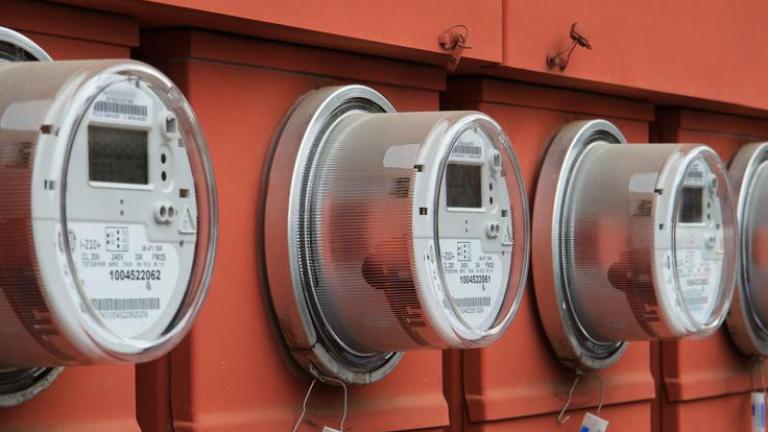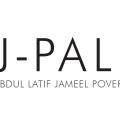
Residential energy use makes up a large portion of the carbon emissions from energy use in many countries—nearly one-fifth in the United States in 2016 [1].Recently there has been growing interest in low-cost behavioral interventions that aim to change consumption habits through education or persuasion. One such intervention, pioneered by Opower, involves sending people one-page reports that compare their home energy use to that of their neighbors and offer conservation tips.
Randomized evaluations across more than 115 sites in four countries consistently find that these kinds of reports can reduce both energy and water consumption by small amounts. The reports helped people learn about their own resource use, which is otherwise difficult to observe. They also appealed to social norms around conservation, which motivated some people to cut back—often those who consumed the most. At a cost to the utility of roughly US$1 per report, they can be a cost-effective way to encourage conservation, particularly in contexts with high energy consumption like the United States [2][3]. However, the small observed effect sizes imply that these kinds of reports will not be enough to achieve large-scale reductions in energy and water use. While effective, they are not substitutes for other smart climate change and water policies.





